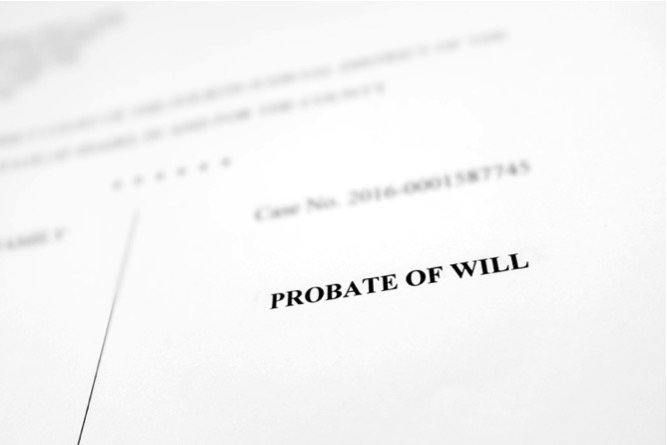What is Probate Law and How to Deal with Legally
Disclaimer: the material presented in the article below should only be considered as a general overview regarding probate law. Should you, or anyone you know, find yourself in the situation, it’s best that you speak to an attorney immediately. He/she can help you decide on the best legal actions to take.
There’s nothing more painful than a loved one passing away, but it can bewilder you when you find out all about the financial and legal steps that you need to take to settle a dead loved one’s affairs. Your spouse might have passed away and as they handled all of your finances, you’re left overwhelmed and uninformed. Or you must be probating a property that you know little about, or the property might be scattered into different accounts. Probating can feel intimidating, but if you understand the process and working with an expert, you’ll execute your duties with ease.

What is Probate?
Probate is the process of passing on an estate or property of a deceased person to an heir or beneficiary named in his/her will. It’s used to describe the distribution of the estate or the process of dividing the property legally in court.
The probate court supervises the process which can take up to a year. An appointed executor or personal representative has the responsibility of overseeing the whole process. If the deceased doesn’t have a will, it can make the process more complicated.
Steps to Take to Start Probate
1. File to become an executor
Every state has laws governing the notification of the concerned parties of a deceased property or estate. You’ll be notified how much time they can file a claim against it. The announcement can be in the form of an obituary in the local newspaper or mail.
If the deceased didn’t leave a will, as an heir, you must file a petition to become an executor. If you’re an heir, you should submit to the state court where the deceased stayed while he/she was alive. The state court decides who to appoint the executor. Normally, a spouse is first in line, then the children, parents, and other next of kin.
2. Collect all the deceased person’s assets
If you’re the executor, you have to make an inventory of the deceased person’s property and submit it to the court. You should do this as soon as you can, and prepare to consolidate everything. To make everything simple, all the bills of the deceased should be paid from a single checking account.

3. Pay all the bills of the deceased
Even if someone dies, the bills would still keep coming. You need to ensure that you pay the bills such as utilities and storage fees. Bills like medical bills and taxes would only be paid after the probate has concluded. If you’ve used your own money to pay the bills, make sure to keep records, so you’ll be reimbursed.
4. File the last tax income return of the deceased
As an executor, you should never forget to pay for the last income tax return of the deceased. If any of his/her property is still earning, you need to file a separate tax identification number to track its earnings and tax consequences.
5. Distribute the property or estate to heirs, beneficiaries, and creditors
As an executor, you can only distribute the assets after all the existing loans and credits of the deceased has been paid. You also need to reserve an amount for costs of closing out the estate.
6. File the final account
You need to file a detailed account with the probate court. Make sure to include all tax filings, payments made and distributions of the deceased property. After the court approves the final statement, you’ll be able to distribute the remaining funds. Then, your work is done.
Tips to Make Probate Easier
Secure all the tangible property.
All the properties that you can touch should be immediately appraised, don’t let any family pass it around or take it away. Hold off any distribution until the court says so.
Take your time.
Make sure that before you take any action, give the family time to grieve. And when going through the process, take your time so that everything would be done right.
Meet up with a lawyer.
Before taking any steps mentioned above, be sure to consult a lawyer. The lawyer will help you organize everything, and help you to make sure everything is done right and according to law.
Losing someone you care for can be very devastating, and going through probate can make the feelings worse. That’s why, as an executor, you need to handle it with much care. Meticulous record-keeping can be very helpful when it comes to handling probate. Finding a lawyer who will give you sound advice can make the process shorter and more comfortable, not only for you but also for the family and friends of the deceased. This is a difficult time, but probate doesn’t have to make it worse.
Danielle Grate

Daniel Grate is a professional writer in the law industry. She currently writes pieces on various law topics for the common reader. In her spare time she spends quality time with her family and friends.
Previous Posts:
Next Posts:
Previous Posts: